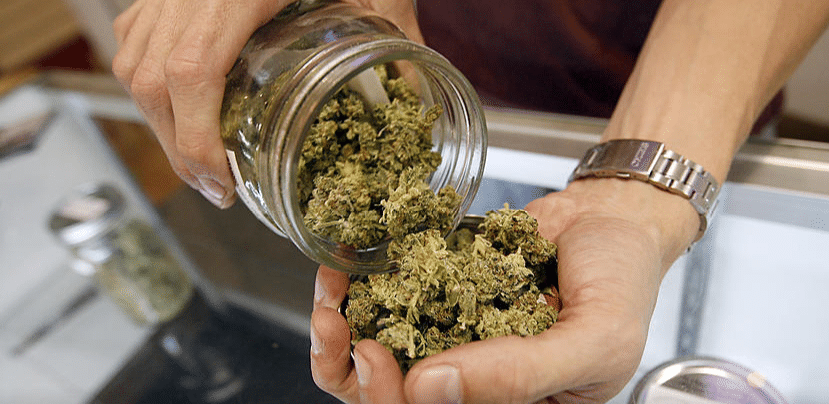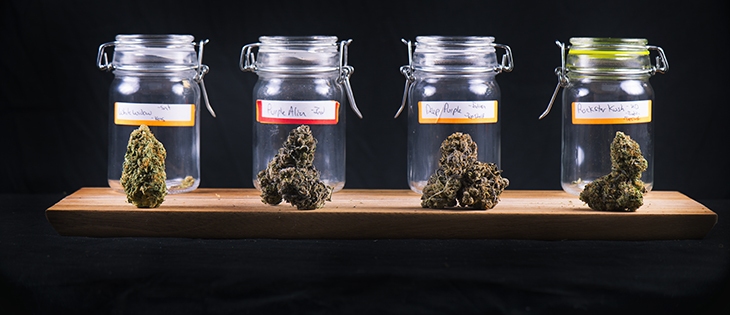In the United States, nearly 23 states, plus Washington D.C., have legalized medical marijuana. In cities like Denver and Seattle, recreational marijuana plays an imperative role for local businesses. However, more and more states are making an effort to learn more about the drug’s incredible benefits.
Science proves that marijuana can do wonders for improving a patient’s quality of life. For patients who endure rounds upon rounds of chemotherapy, marijuana is the only “is the only anti-nausea medicine that increases appetite.”
For lucid Alzheimer and dementia patients, marijuana can reduce feelings of confusion and agitation. For stroke victims, marijuana can, quite literally, shrink the damage away. Marijuana can reduce tremors and slow the progression of Parkinson’s disease.
That’s why many researchers, patients and families are advocating for future legislation of the drug. Legalization will not only offer patients increased access to the drug, but it will allow researchers to conduct more research.
According to Business Insider, only 6% of studies on marijuana are focused on the drug’s benefits. And since there are so many benefits, the backing of the drug on a federal level is necessary — whether it’s funding for clinical trials, drug development or patient care.
“We’ve conducted the studies, but I think an ordinary researcher without the support of the state would be hard pressed to do it. It’s just a difficult and cumbersome process,” said Igor Grant, the director of the Center for Medicinal Cannabis Research.
credit:aol.com













